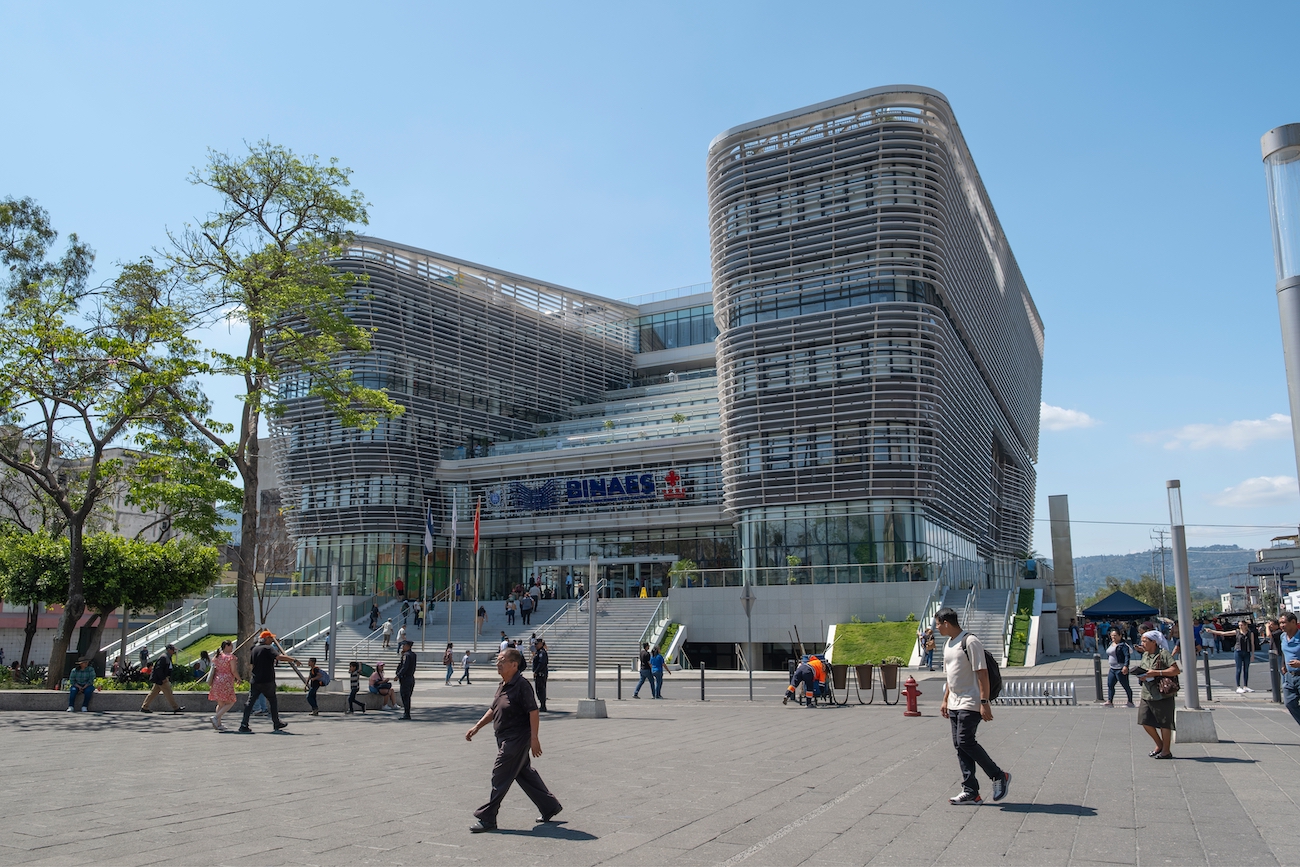Surf City 2

With the aim of improving urban, tourist, and logistical connectivity and mobility, as well as optimizing natural resource management, the Central American Bank for Economic Integration (CABEI) approved USD 65 million in financing for the Republic of El Salvador for the Surf City Program – Phase II, which will positively impact more than 69,000 Salvadorans, of whom more than 52% are women.
This program will improve road infrastructure and the bicycle and pedestrian network on Route CA02W, expanding 8.2 kilometers from two to four lanes between the Xanadú residential area and El Zonte beach. This will facilitate connectivity and urban mobility in a highly touristic area that is strategic for the sustainable economic development of El Salvador. In addition, the increase in the number of lanes will reduce travel times and costs for users and will serve as a connection for productive sectors, promoting territorial integration.
The highway design takes sustainable mobility into account, incorporating a two-way bike lane, wide sidewalks, and safe public spaces for non-motorized users, promoting health through physical activity. Intelligent Transportation Systems will also be integrated to anticipate traffic control and flow improvement actions and raise road safety levels.
The program includes the construction of a bridge over the Huiza River in the Melara canton, which will have four lanes and a two-way bike path, facilitating mobility for residents and transporters in the area, improving road connectivity, and strengthening user safety by reducing vulnerability to flooding.
Likewise, as part of the program and its positive impact, 20,000 people will directly benefit from the installation of two wastewater treatment plants for the beaches of El Majahual, San Blas, El Cocal, Conchalío, San Diego, and Cangrejera, which will improve environmental conditions, optimize water quality, prevent the spread of disease, conserve aquatic ecosystems, and reduce pollution.
The Surf City Program – Phase II is a comprehensive investment that, in addition to alleviating traffic congestion and reducing travel times for more than 6,500 vehicles per day on average, will promote domestic and international tourism, boost the economy, and generate and increase income and jobs. In this regard, CABEI is promoting a strategic alliance with the OPEC Fund for International Development (OFID) for its possible incorporation as a co-financier of the Program, which will provide a highly competitive financial solution for the country.
With this program, CABEI reaffirms its commitment to positively transform people's lives by offering financing opportunities for development projects with lasting impact.




